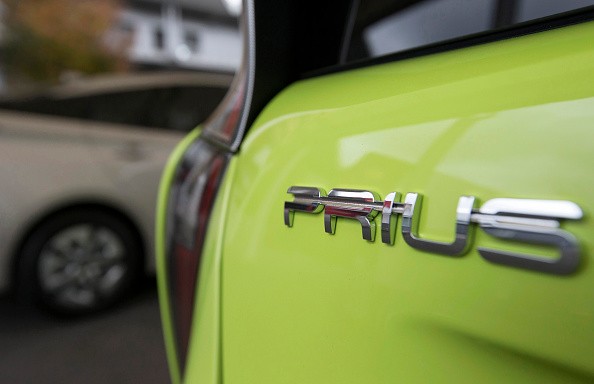In a significant reversal of its policy, Toyota Motor plans to start mass production of its electric vehicles with a view to increase its assembly of green automobiles outside hybrid and fuel-cell cars. The new vehicles are expected to be available in 2020.
Expecting to enter the electric vehicle market in a major way, the Japanese automobile giant will develop an internal team to plan and develop the new electric vehicles (EVs) as soon as early 2017. In the process, the company will look for support from group companies to facilitate production at the earliest, Nikkei newspaper reported on Nov. 7, Monday.
Including longer-range EVs in its lineup will help Toyota to make a shift from promoting hydrogen fuel-cell vehicles (FCVs) and plug-in petrol-electric hybrid cars to offering the most suitable substitute for conventional cars. According to the Japanese publication, the automotive giant aspires to develop an EV, which will be able to run beyond 300 km on a single charge. The company is said to be considering using the platform for models like the Prius hybrid or Corolla sedan for developing an electric sport utility vehicle.
Toyota plans to boost battery development, as it is a vital component of any EV, which determines the performance of the vehicle. The company established its battery material research department in January and now wishes to reinforce it. Aside from developing batteries in-house, the company may also purchase batteries from outside vendors to keep the price of EVs low and, at the same time, offering high-quality performance, together with driving range and charging time.
Meanwhile, Toyota has neither confirmed nor denied the report. It just stated in an email response that the company does not comment on product development plans, Reuters reported. The company, however, added that it was in the continuous process of developing a variety of fuel-efficient technologies, including EVs.
While rival auto manufacturers like Nissan Motor Co, Tesla Motors and Volkswagen AG have backed genuine electric cars, because they are the most practicable vehicles with zero-emission for the future, Toyota has also said that considering the expensive rechargeable batteries and the prolonged charging times, it would set aside EVs for short-distance commuting. It has also vowed to make all vehicles manufactured by emissions-free by 2050.
Watch the Toyota i-Road, an ultra compact electric car, concept below:



























